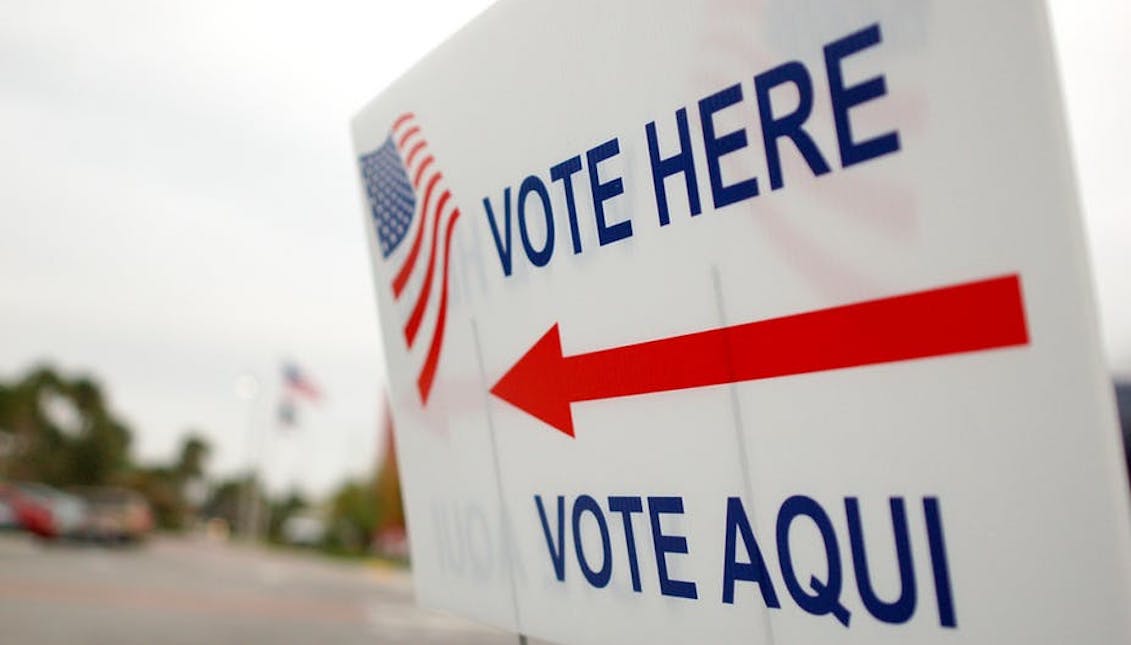
It’s a fact: Latino turnout could define election results in November
According to recent polls, the discontent of the Latino community with the Trump administration could radically change the midterm elections (if Latinos…
To consider the Latino community in the United States as a homogenous group is an important statistical error, as the variety of origins, traditions, and political inclinations vary profoundly.
It’s well known that Hispanic families are deeply religious and even conservative, something that would make them the main focus for a politically Republican base.
But the latest findings of surveys have determined that, despite the internal dynamics of the community, the disenchantment with the Trump administration is almost total.
According to a poll carried out by NBC, the Wall Street Journal and Telemundo, "just a quarter of Latinos approve of the job Donald Trump is doing as president," NBC reported. Likewise, Latinos prefer a Congress controlled by the Democrats.
The evaluation took into account 300 registered Latino voters, of which only 26 percent were in favor of the president's performance. Meanwhile, 65 percent disapproved of the government's agenda, with 50 percent disapproving "radically."
In the same way, the survey showed that 64 percent of Latinos "say they want to see the Democrats in charge (of the Congress), compared to 21% who would prefer the Republicans."
The numbers show an increase of 34 percentage points in the rejection of the Latino community towards Donald Trump since September 2016, echoing the immense impact that the administration's anti-immigrant agenda has had during these last two years.
RELATED CONTENT
The survey was carried out in both Spanish and English, and the views of the respondents demonstrate a generalized opinion that "elected Republican officials have failed to address the concerns of the Latino community," versus 53 percent of respondents that say that "the Elected Democratic officials have addressed their problems."
However, the results are yet to be seen.
Only 41 percent of respondents said they were "very interested in the November elections," explained The Hill. Most of them are under 40 years old.
This variant in the statistics has been widely debated by experts these past few weeks that determine that, although there has been a significant mobilization in recent months, the participation of Hispanic voters in the November elections may not be enough.
"Democrats need to dial up their efforts on voter outreach if they want to channel this sentiment (of rejection) into actual support at the polls in November," Vox reported. "The party has long banked on support from Hispanic and Latino voters, who could be the key for flipping purple states and districts - but has struggled to actually get them to the polls on Election Day. This is, in large part, because it hasn’t invested enough resources into actually connecting with voters, experts say."
Similarly, according to data from the Census Bureau, "only 44% of U.S. Latinos are eligible to vote" according to the limits imposed by their immigration status, explained The Conversation. Added to this, the manipulation of district limits, or "gerrymandering," has reduced the strength of the Latino vote in elections at the national level, which could directly affect their willingness to participate.
The conclusion remains the same: anger is not enough. Latinos are an overwhelmingly strong electoral force to radically change the results of the mid-term elections, but their true turnout remains to be seen.










LEAVE A COMMENT: